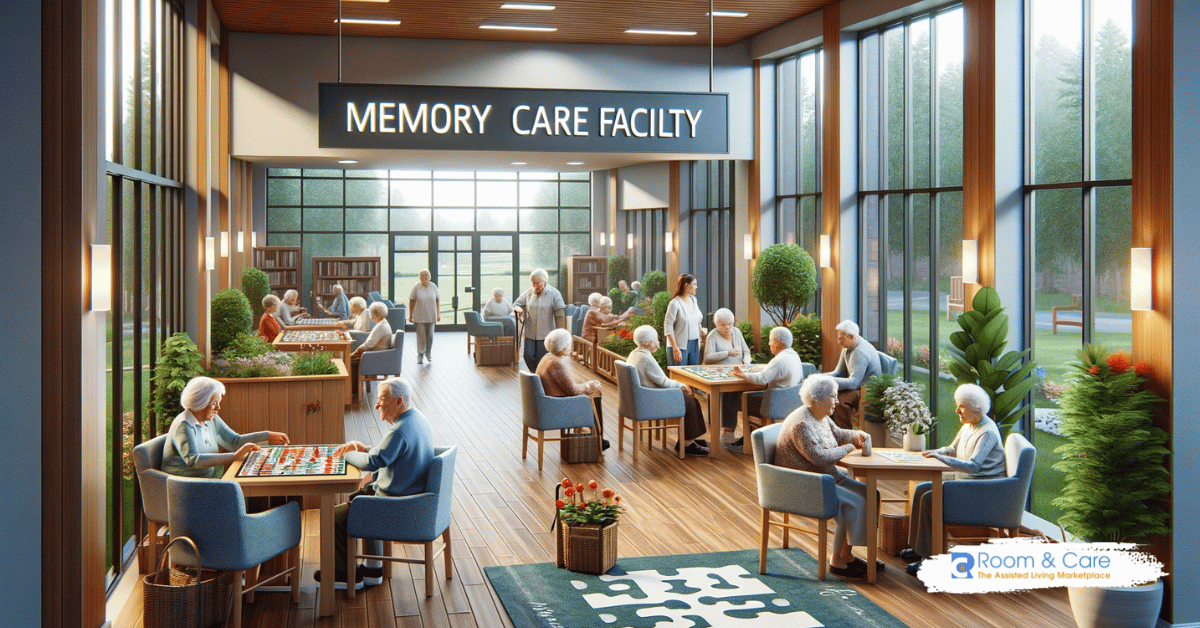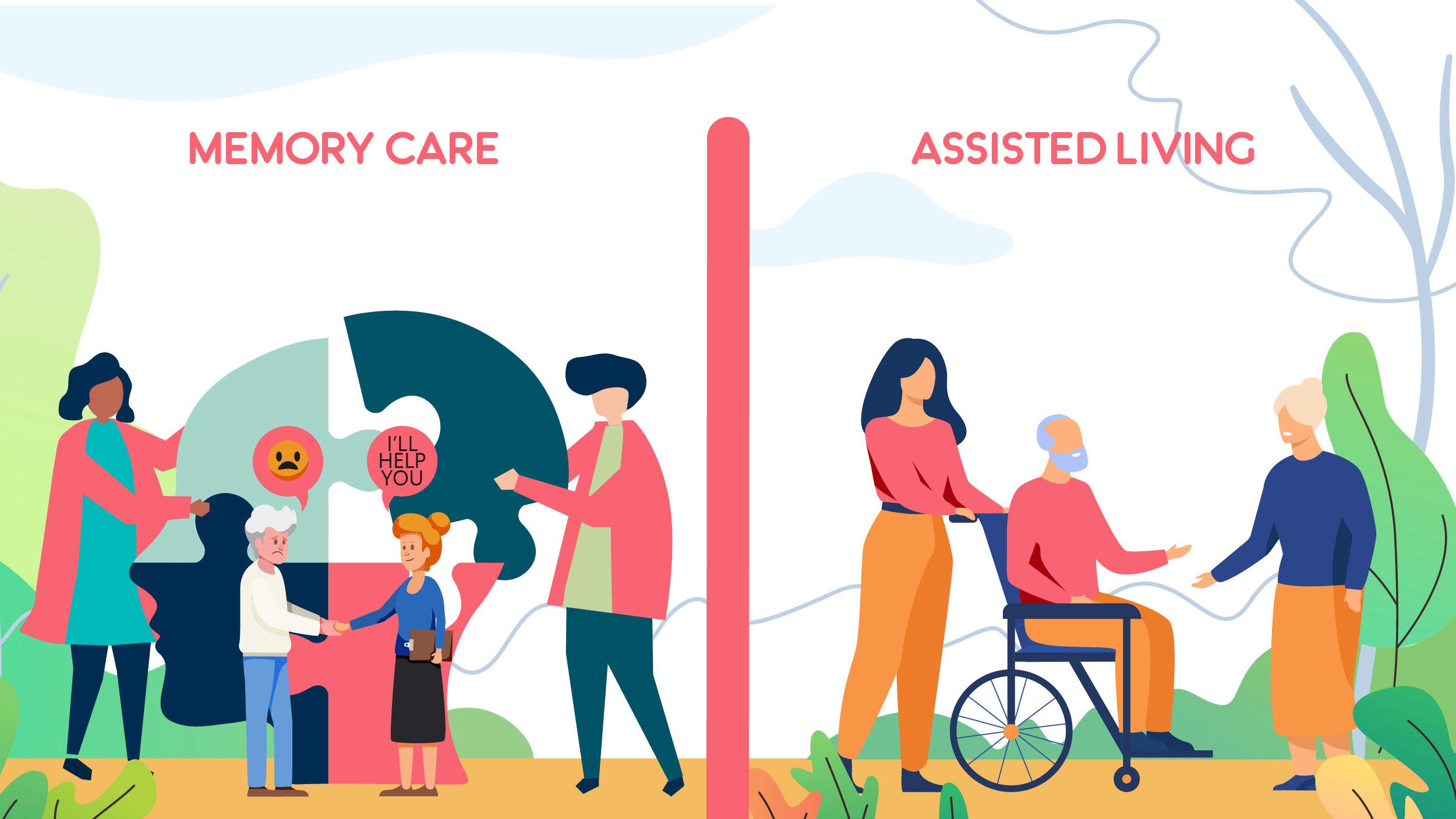Developing a Safe and Encouraging Environment for Alzheimer's Treatment
The production of a safe and supportive environment for individuals with Alzheimer's is vital in boosting their quality of life. Checking out these complex strategies can expose crucial insights into effective caregiving strategies that may change the day-to-day experiences of both clients and caretakers.
Understanding Alzheimer's Demands
Frequently, people with Alzheimer's disease exhibit a range of demands that need tailored methods to care. As the problem proceeds, cognitive decrease shows up in numerous methods, impacting memory, thinking, and also the capacity to carry out daily tasks. Caregivers should acknowledge these developing needs to provide suitable assistance and ensure a greater high quality of life for those impacted.
One critical element of recognizing Alzheimer's needs is recognizing the relevance of routine and experience. People typically discover convenience in recognized patterns, which can lower anxiety and complication. Caretakers ought to aim to develop structured everyday routines that integrate meaningful activities lined up with the individual's abilities and rate of interests.
In addition, effective interaction is critical. People with Alzheimer's might struggle to share themselves or comprehend complicated language. Caretakers must utilize easy, clear language, usage non-verbal hints, and method energetic paying attention to foster understanding and connection.
Caretakers ought to motivate involvement in neighborhood activities or household gatherings, advertising a feeling of belonging and purpose. Understanding these varied demands is crucial for producing an encouraging treatment setting.
Designing a Safe Home
Creating a secure home for people with Alzheimer's disease is important to reducing risks and promoting independence. The style of the living area need to prioritize security while permitting individual comfort. Remove possible dangers such as loosened rugs, sharp things, and clutter, which can lead to drops or crashes. Make certain that paths are clear and well-lit, as correct illumination reduces disorientation and enhances movement.
Integrating adaptive functions is additionally essential. Install grab bars in washrooms and near stairways, and take into consideration using non-slip floor coverings in damp areas. Furthermore, utilizing contrasting colors for wall surfaces and floorings can assist in distinguishing areas, helping to minimize complication.
Familiarity is essential for individuals with Alzheimer's. Individualizing the atmosphere with familiar objects and photos can reinforce a sense of belonging and security - Alzheimers Care Charlotte. It is additionally valuable to have actually a designated area for day-to-day activities, such as reading or crafting, which can supply framework to their day
Lastly, applying a protected outdoor area enables risk-free exploration while attaching with nature. By attentively designing the home atmosphere, caregivers can significantly enhance the high quality of life for people dealing with Alzheimer's disease.
Enhancing Interaction Skills

Non-verbal communication, including face expressions, gestures, and touch, plays a critical duty in conveying empathy and understanding. Keeping eye call and a calm disposition can enhance the comfort level of the person, advertising a feeling of safety.
Furthermore, it is essential to exercise energetic listening. This involves being totally present, revealing perseverance, and permitting the individual to express themselves without interruption. Repeating may be essential; caregivers ought to be prepared to take another look at concerns or subjects, as individuals with Alzheimer's might have a hard time with memory recall.
Additionally, making use of aesthetic help or cues, such as photographs or familiar objects, can facilitate recognition and interaction. Eventually, boosting communication skills is concerning building count on and producing an atmosphere where individuals really feel listened to, valued, and understood, therefore enriching their lifestyle.
Encouraging Social Communication
Promoting significant social communications can significantly improve the well-being of people with Alzheimer's disease. Engaging with others not only assists fight feelings of seclusion however additionally promotes cognitive function and emotional health. Structured social tasks, such as group arts, crafts and games, or music therapy, create opportunities for homeowners to get in touch with peers and caregivers, which can result in boosted state of mind and reduced anxiousness.
Developing a welcoming environment that urges socializing is essential. This can be accomplished by arranging common spaces that promote interaction, such as comfortable seating locations or activity rooms. Additionally, incorporating acquainted and culturally relevant tasks can spark memories and urge engagement, permitting individuals with Alzheimer's to really feel even more linked to their previous experiences.
Additionally, caregivers must be educated to recognize and promote social involvement amongst homeowners. By prioritizing social communication, we can considerably enhance the lives of those living with Alzheimer's, fostering a feeling of community and belonging.
Sustaining Caretaker Health

To support caregivers, organizations must use routine training and academic sources to boost their understanding of Alzheimer's disease and caregiving techniques. Offering accessibility to respite care services go to this web-site permits caretakers to take necessary breaks, decreasing stress and fatigue - Alzheimers Care Charlotte. Furthermore, cultivating an area via assistance teams can facilitate psychological sharing and the exchange of functional guidance among caregivers, creating a network of mutual support
Mental health and wellness resources, such as counseling services, can additionally be crucial in resolving the psychological toll caregiving can take. By prioritizing caretaker wellness, we develop a more lasting caregiving setting that not only benefits the caregivers themselves yet additionally improves the total quality of care obtained by individuals with Alzheimer's. Eventually, supporting caregivers is an essential part in cultivating a compassionate and effective care setting.
Conclusion
Finally, the development of a helpful and secure environment for individuals with Alzheimer's is vital to enhancing their lifestyle. By focusing on safety and security via thoughtful design, promoting psychological wellness with acquainted components, and advertising involvement via structured regimens, caretakers can considerably impact the total experience of those affected by this problem. Moreover, sustaining caretaker wellness is essential, as it ultimately adds to an extra effective and caring treatment atmosphere.
Rep may be essential; caretakers should be prepared to revisit inquiries or subjects, as individuals with Alzheimer's might battle with memory recall.

Comments on “Producing Safe and Comfortable Areas with Alzheimers Care Charlotte Programs”